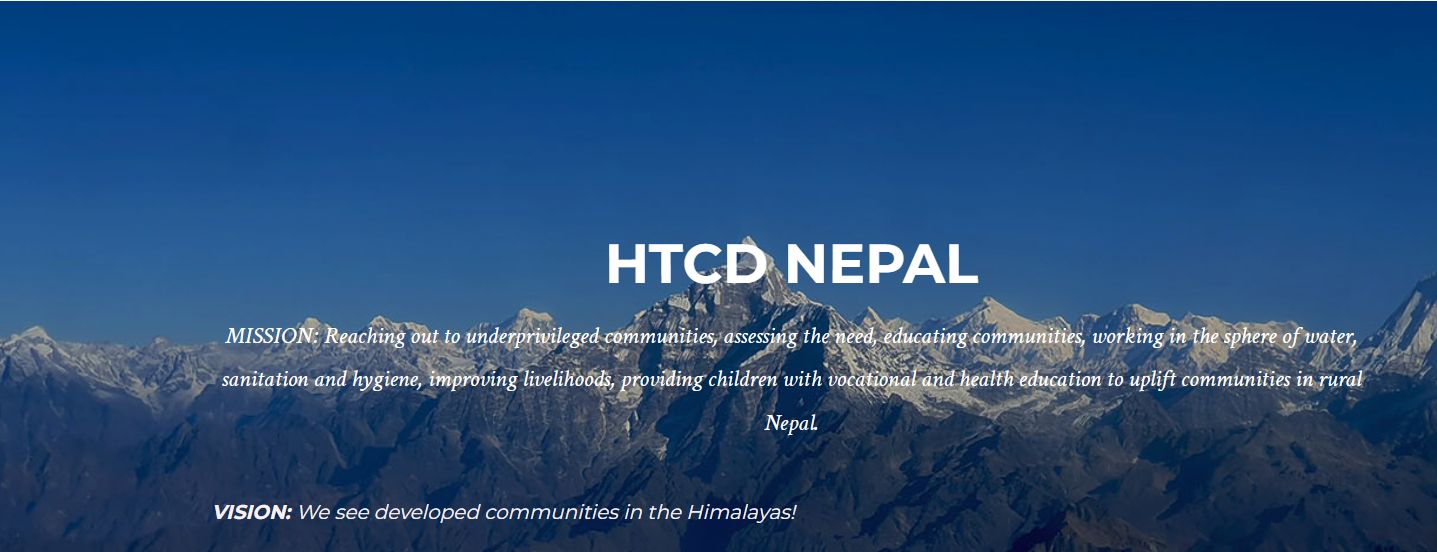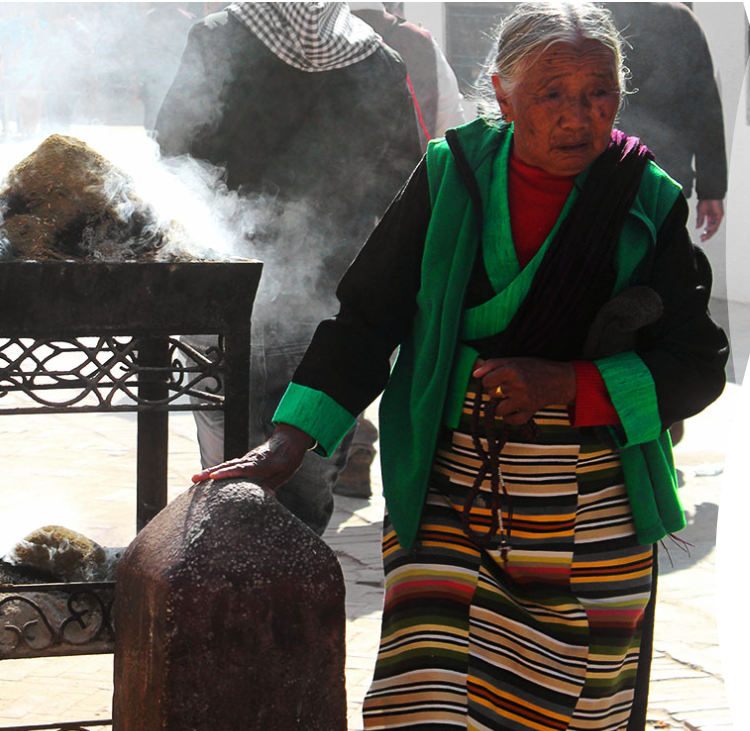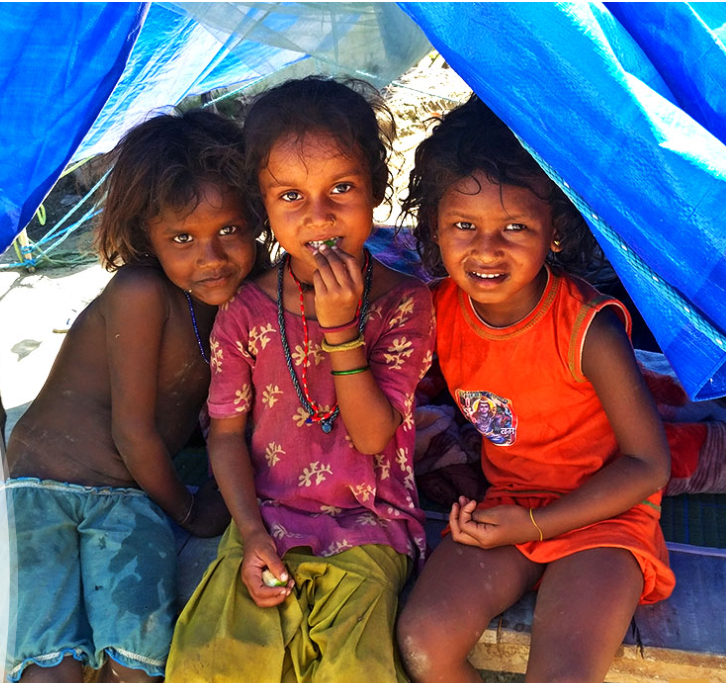
Our Objectives:
1. To help provide and promote children’s education in rural communities.
2. To provide teachers’ training for teachers working in rural as well as urban areas.
3. To organize vocational training or scholarship programs for deserving and disadvantaged communities.
4. To provide resources for micro-enterprises for families with low standard of living.
5. To provide clean drinking water for rural communities in the mountains and on the plains.
6. To prevent the spread of infectious diseases and promote health in rural communities through sanitation and hygiene projects.
7. To provide relief aid in times of disaster and emergency.
8. To reduce all kinds of discrimination prevalent in the communities through awareness and education programs.

HTCD NEPAL
HTCD Nepal is a secular humanitarian organization run by Christians in Nepal.
It is also a sister organization to the Faith Foundation Nepal which translates into Nepali as “Nistha Aadhar Nepal (a government registered NGO established in 2002). HTCDN was separately registered as a non-profit company in 2019. Its executive committee is made up of five members. HTCDN works primarily among disadvantaged communities to help them through children’s education water, sanitation and hygiene education, and improvement of livelihoods.
It also provides relief aid in times of disasters such as earthquakes or floods and provides warm clothes for people in winter.

So-called “Untouchables”
There are a number of marginalized and underprivileged tribal groups and communities such as Dalits or so called “untouchables”. The rigid caste system rooted in Hinduism is holding the country back socially, culturally, educationally and economically. HTCDN aims to provide and promote education to transform rural communities.
It offers scholarships, uniforms, shoes, backpacks and stationery to promote children’s education, and helps to maintain health with safe drinking water, sanitation and hygiene projects. It works to uplift rural communities with small scale livelihood projects too, by for example training women in tailoring and knitting and men in plumbing and electrics, and providing assistance to start micro-enterprises.

